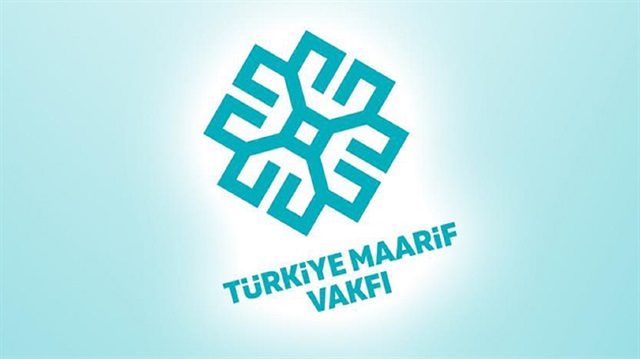
Plans to invest $20 million to improve schools, strengthen with universities in Turkey
Turkey’s state-supported Maarif Foundation has announced its readiness to invest some $20 million to revamp and revitalize a chain of Turkish schools in Afghanistan.
The fate of 16 well-equipped Afghan-Turk schools across the conflict-riddled country was in limbo following reports of the schools’ ties with the Fetullah Terrorist Organization (FETÖ), the group blamed for last year’s attempted coup in Turkey.
The Çağ Education Foundation, which ran these schools in Afghanistan, has been accused by Ankara of having links with the July 15 coup attempt, which martyred 249 lives and left some 2,200 injured. FETÖ has funded its terrorist campaign in part through networks of private schools across the globe.
Following the defeated coup, Ankara asked Afghanistan as well other countries to transfer FETÖ-linked networks of schools to the Turkish government. Kabul in March initiated the process to hand over the Çağ chain of schools to Ankara and its Maarif Foundation. Mucip Uludağ, Maarif’s top official in Afghanistan, said they have been making preparations and are excited to take part in Afghanistan’s education system.
“We will provide formal and informal education on the basis of common accumulated knowledge and the values of humanity in line with its founding principles as well as provide scholarships to students, open facilities such as schools and dorms, and train lecturers who may be employed by such facilities,” he added.
An estimated 8,000 boys and girls are enrolled at the schools located in major urban centers such as the capital Kabul, Kandahar, Herat, Mazar-e-Sharif, Jalalabad, and Sheberghan. Along with improving the quality of the existing schools in line with international standards and high technology, the Maarif Foundation seeks to increase the number of the schools all around Afghanistan, and focus on improving the quality of education here.
There has, however, been some opposition to the handover decision from the schools’ former faculty members.
Syed Mohammad Hashim, a member of the Wolesi Jirga (lower house), is studying the issue for the government, and told Anadolu Agency the findings would be shared with President Mohammad Ashraf Ghani. He added that the Turkish government has promised to invest up to $20 million to improve the quality of these schools.
A number of parliamentarians called for separating political issues from education. In March, some MPs said the people of Afghanistan are happy with the existing Turkish schools, and the government should pave way for them to spread to more cities.
A number of parliamentarians said handing over the schools to the Ankara government might violate the Articles 40 and 75 of the Constitution, and would harm the schools.
However, Uludağ stressed that all the Çağ Education Foundation’s assets abroad were built by either Turkish citizens' taxes or donations, which makes the schools the property of the Turkish nation.
He added that following talks with parliamentarians, including Wolesi Jirga Speaker Abdul Rauf Ibrahimi, a consensus has been reached to hand over the schools to the Maarif Foundation.
Professor Birol Akgün, the head of Turkish Maarif Foundation in Ankara, has vowed to immediately provide the required assistance without causing any delay in the teaching and learning process at the existing schools.
He stressed that with the schools, Maarif is determined to build a trustworthy, reputable international brand in education.
“We believe that we are the successors of the 600 years of Turkey’s educational traditions, and we want to employ this accumulated knowledge in our educational endeavors. We want to become an institution that conveys this historical accumulation to Afghanistan’s educational system,” he told Anadolu Agency.
Akgün vowed that the schools’ new management would adopt an inclusive policy to allow all Afghan children a chance to experience high-quality education.
"We will revise tuition policy for the advantage of the Afghan people, but what matters is the quality of the education future generations get," he said.
The Maarif Foundation has allocated up to $20 million to modernize and improve the quality of education at these schools, besides engaging in scholarly research, improving publications and training methods, and offering training.
Akgün said the foundation has started education programs in 10 Asian countries and will soon expand to more.
"In the schools we’ve assumed in Asia, we will develop strong relationships with universities in Turkey in the health sciences, social, technical and vocational fields, and culture and communication. We have taken some steps in Afghanistan and other Asian countries in this respect," he said.
Hello, the comments you share on our site are a valuable resource for other users. Please respect other users and different opinions. Do not use rude, offensive, derogatory, or discriminatory language.
The floor is all yours.








